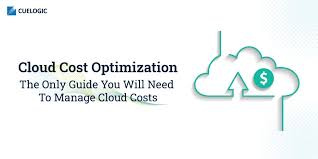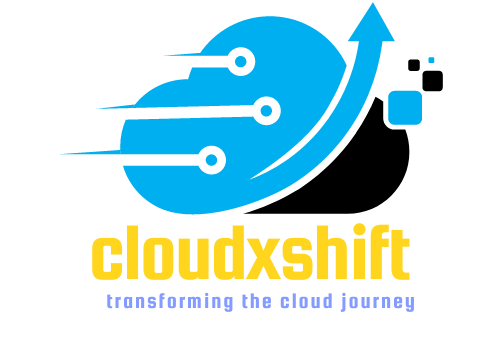
The Risks and Challenges of Cloud Migration
Introduction
Cloud migration has become increasingly popular among businesses looking to modernize their IT infrastructure and take advantage of the many benefits offered by cloud computing, such as scalability, agility, and cost savings. However, cloud migration also comes with risks and challenges that businesses need to address in order to ensure a successful migration. In this article, we will explore the risks and challenges of cloud migration and provide strategies for overcoming them.
- Security Risks One of the biggest risks associated with cloud migration is security. Moving data and applications to the cloud requires businesses to trust their cloud provider with sensitive data, and any breach or cyberattack can result in significant financial and reputational damage. In addition, businesses need to ensure that they comply with regulatory requirements for data privacy and security.
To overcome these security risks, businesses should:
- Choose a cloud provider that has a strong security track record and provides security features such as encryption, access controls, and threat detection and prevention.
- Implement additional security measures such as firewalls, intrusion detection and prevention systems, and security information and event management (SIEM) tools.
- Ensure that all employees and third-party vendors are trained in security best practices and comply with security policies and procedures.
- Data Loss and Downtime Risks Another risk associated with cloud migration is the risk of data loss and downtime. Businesses need to ensure that their data is backed up and accessible in the event of a system failure or outage. Downtime can also result in lost productivity and revenue.
To overcome these risks, businesses should:
- Implement disaster recovery and business continuity plans that outline procedures for backing up and recovering data in the event of a disaster or outage.
- Choose a cloud provider that offers high availability and redundancy, and that has a track record of minimal downtime.
- Test disaster recovery and business continuity plans regularly to ensure that they are effective.
- Migration Complexity Cloud migration can be a complex process, especially for businesses with legacy systems and applications. Businesses need to ensure that they have the expertise and resources to plan and execute a successful migration.
To overcome this challenge, businesses should:
- Develop a comprehensive migration plan that outlines the steps required for a successful migration, including resource requirements, timelines, and testing procedures.
- Use migration tools and services provided by cloud providers, or third-party migration tools, to simplify the migration process.
- Engage with a cloud migration specialist or consultant to provide expertise and guidance throughout the migration process.
- Cost Management Cloud migration can result in cost savings for businesses, but it can also result in unexpected costs if not managed effectively. Businesses need to ensure that they have a clear understanding of the costs associated with cloud migration and that they have a plan in place for managing and optimizing these costs.
To overcome this challenge, businesses should:
- Develop a clear understanding of the costs associated with cloud migration, including migration costs, ongoing operational costs, and any hidden costs.
- Implement a cost management plan that includes strategies for optimizing cloud costs, such as using cost-effective instance types, monitoring and optimizing resource usage, and using cloud provider tools and services to manage costs.
- Regularly review cloud costs and adjust the cost management plan as needed.
Conclusion Cloud migration can provide significant benefits for businesses, but it also comes with risks and challenges that need to be addressed in order to ensure a successful migration. By addressing security risks, data loss and downtime risks,
migration complexity, and cost management, businesses can overcome these challenges and reap the benefits of cloud migration.






3 Comments
Pingback:
Pingback:
Pingback: